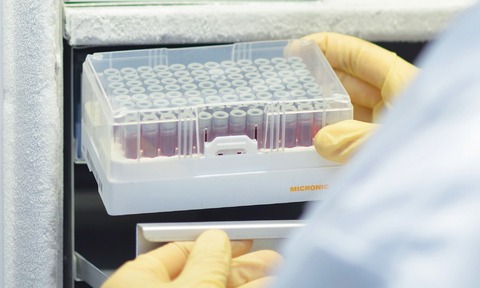
Micronic has published a technical note that describes a study in which the protein binding properties of commercially available sample storage tubes were tested.
Driven by the rapid growth in proteomics and protein research applications, the need for storage tubes where interaction between the sample and the tube surface is minimised has grown exponentially.
The need for storage tubes that exhibit ultra-low binding properties is critical to these research fields due to the low concentrations of proteins typically found in samples.
In the study, protein binding measurement tests were performed on Micronic polypropylene tubes (sterile and non-sterile), a competitive ‘ultra-low binding’ polypropylene tube and a polystyrene ‘medium binding’ sample plate used as a reference.
The results showed that the Micronic sterile and non-sterile polypropylene tubes both exhibited very low protein binding.
By comparison the competitive ‘ultra-low binding’ polypropylene storage tube bound 3.5 times more protein and the ’medium binding’ polystyrene plate more than 56 times more protein compared to the Micronic sterile polypropylene tubes.
The study concluded that by using sterilised Micronic polypropylene tubes, protein recovery rates are maximised and consequently protein loss is minimised.
A full account of the study can be found in the PDF above.




